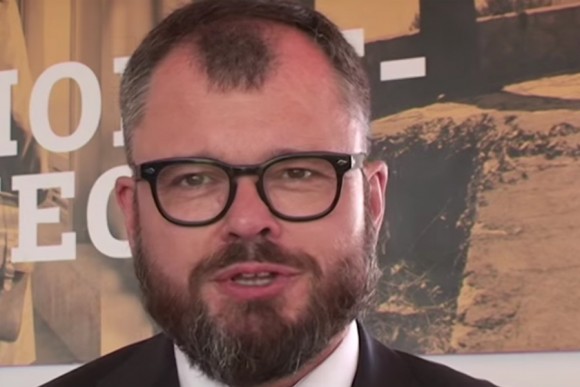The 56th Zlin Festival, which runs through 3 June 2016, held a special discussion panel devoted to the digitisation and restoration of Czech films.
"Our first big project devoted to digitisation was finished in April 2016 and now we are ready to bring these iconic films back to the cinemas. We've even created a #backtothescreen to enter the digital sphere and make these movies available to the younger audience. They are a part of our national heritage and our history; we don’t want them to just sit on the shelf but give them a new life," Michal Bregant, CEO of the National Film Archive in Prague, exclusively told FNE.
Digital Restoration of Czech Film Heritage is a project supported by an EEA Grant. It is co-financed by the Ministry of Culture of the Czech Republic. "Our total budget was 1 m EUR and while
the project started in 2011, we allocated all the funds in the fall of 2014, so we had a little over 12 months to complete it," Bregant said.
The chosen films were selected from a list entitled “200 Czech Films for the First Phase of Digitisation” which was drawn up in 2010 by the Film Council committee for the Czech Ministry of Culture. "These are films that showcase the history of Czech cinema. We wanted to choose something typical for each period. We also want to celebrate the filmmakers behind these movies. We were lucky enough that our digitised copy of Ikarie XB-1 was chosen for this year's Cannes Classics and we could invite the DoP and the second director of the film to this event," Bregant adds.
After the digitisation work was completed by The Hungarian Filmlab, who won the competition for being the vendor for this project, the National Film Archive acts as the distributor of all 14 titles. "We've set up premieres for all these films in the next 10 months. We are negotiating with international and local broadcasters, as well as festival selectors and media platforms," Bregant said.
The successful digitisation of 14 chosen titles is just the beginning. "We want to create our own digital lab, where we could scan the prints for our needs. We don't want to replace the postproduction studios and focus on preservation, which should be a priority for all institutions that are connected to our cultural heritage,” he said.




















